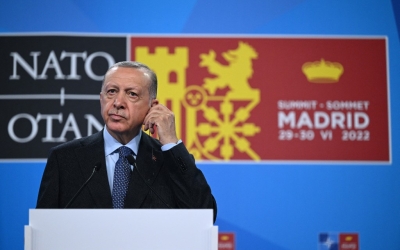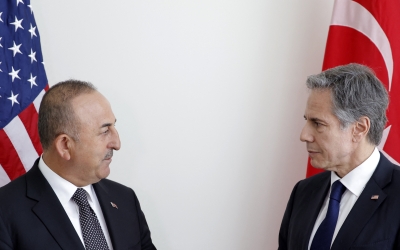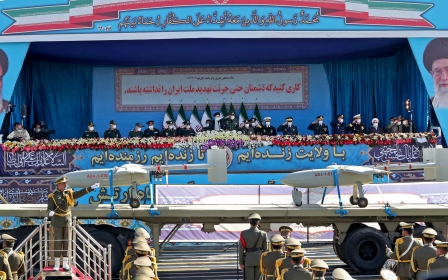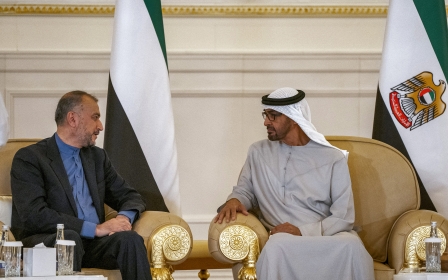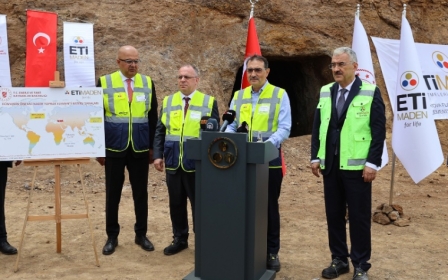Turkey agrees to partial rouble payment system for Russian gas
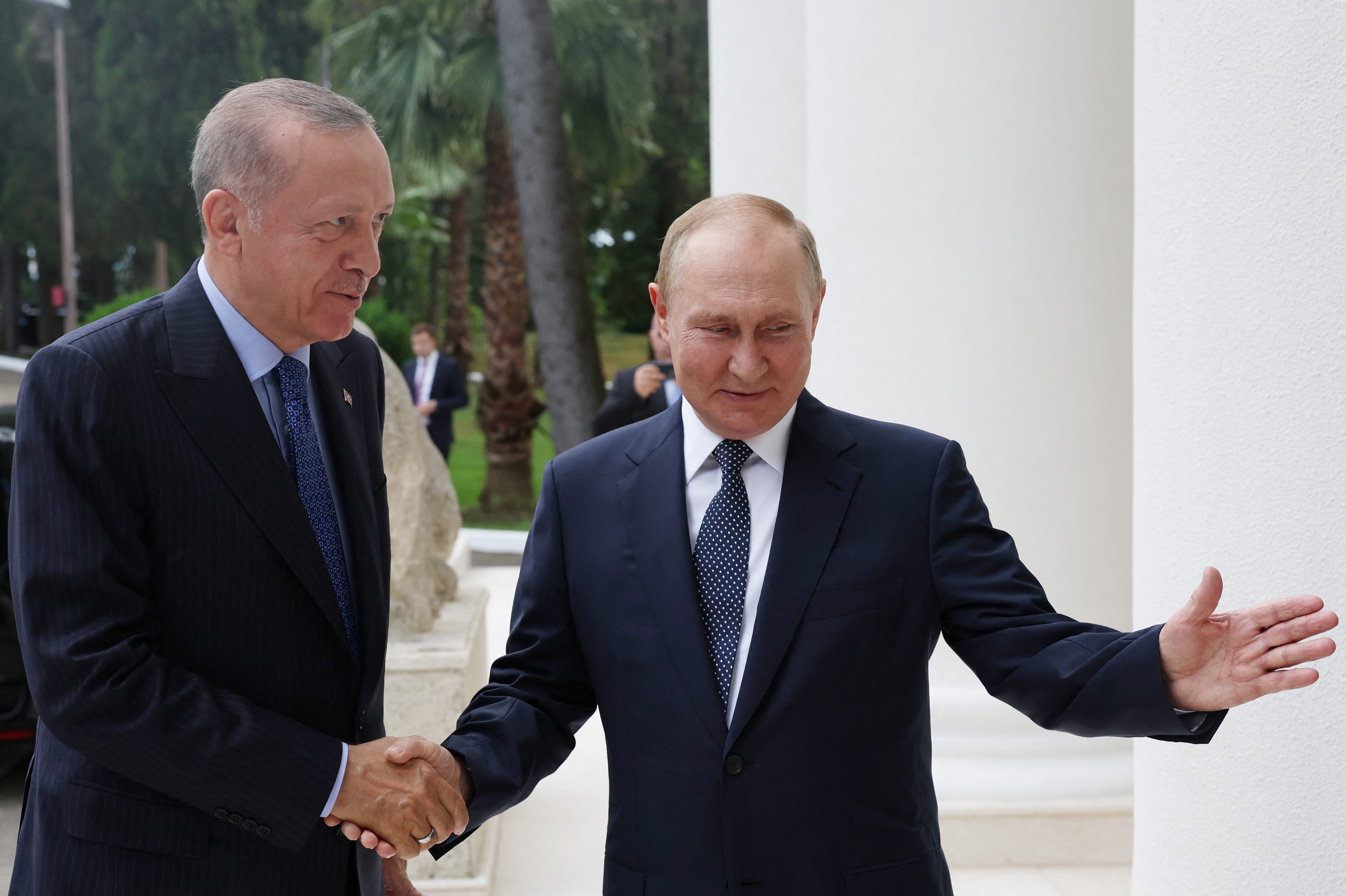
President Vladimir Putin and Turkish President Recep Tayyip Erdogan on Friday pledged to boost political and economic cooperation including in energy and trade.
The two leaders agreed to set up a partial payment system for Russian gas in roubles, Russian Deputy Prime Minister Alexander Novak said after the talks.
Putin received the Turkish president in the Black Sea resort city of Sochi. The meeting comes just weeks after Erdogan attended talks with Putin and their Iranian counterpart in Tehran.
"Despite the current regional and global challenges, the leaders reaffirmed their common will to further develop Russian-Turkish relations," the Kremlin said in a statement following the four-hour talks.
Erdogan said the meeting would "open a very different page in Turkey-Russia relations". The two leaders agreed to ramp up trade and boost economic and energy cooperation with a focus on transport, agriculture, tourism, and construction.
New MEE newsletter: Jerusalem Dispatch
Sign up to get the latest insights and analysis on Israel-Palestine, alongside Turkey Unpacked and other MEE newsletters
Deputy Prime Minister Novak, speaking in televised remarks, called the agreements "very important," with ties aiming to reach "a new level of development" across "virtually all sectors".
Turkey is one of several countries that have refused to sign on to western sanctions to isolate Moscow over the invasion of Ukraine.
Earlier in the meeting, Putin praised the TurkStream natural gas pipeline project, which supplies Russian gas to Turkey and southern Europe via the Black Sea. The Russian leader said Europe should be "grateful" to Turkey for uninterrupted supplies of Russian gas.
The payment move is notable because Russia and China have both been trying to establish alternative payment systems to the US dollar in recent years, which underpins global trade, providing heft to Washington's sanctions.
Ukrainian intelligence leak
The announcement to deepen ties comes after the leak of a Russian proposal intercepted by Ukrainian intelligence indicated Russia hoped to use Turkey to evade western sanctions.
The proposal, first reported by the Washington Post, asks for Erdogan's government to allow Russia to purchase stakes in Turkish oil refineries, oil terminals and reservoirs.
The EU and US have slapped sanctions on Russia's energy industry over its invasion of Ukraine. Obtaining access to foreign oil facilities has been used by other countries, including Iran, to disguise the origin of oil exports. The proposal also asks Turkey's government to set up channels to help Russia avoid restrictions on its banking and industrial sectors.
Turkey has played a pivotal role in the Ukraine war. While it has sold armed drones to Kyiv, the country has also been mediating between both sides. Ankara helped broker a UN deal in July allowing for the resumption of Ukrainian grain shipments from the Black Sea.
Ankara pushing policy priorities
Turkey has also attempted to capitalise on the conflict by pushing ahead with key foreign policy priorities. It secured support from US President Joe Biden to back its request to purchase F-16 fighter jets.
Meanwhile, Turkey has conditioned its support for Sweden and Finland's accession to Nato on the Nordic countries' action against the PKK.
While Turkey is at odds with Russia in some conflicts in the region, including Libya and the Caucasus, it also requires its tacit permission to operate in Syria, where Russia maintains advanced air defence systems and troops in support of Bashar-al Assad.
Turkey is threatening a new invasion of northern Syria targeting Kurdish militants.
The Kremlin statement made no direct mention of any new offensive that Turkey might be planning against Kurdish militants in Syria, saying: "The parties confirmed that they attach great importance to advancing the political process" in Syria.
"The determination to act jointly and in close coordination with each other in the fight against all terrorist organisations was reaffirmed."
Middle East Eye delivers independent and unrivalled coverage and analysis of the Middle East, North Africa and beyond. To learn more about republishing this content and the associated fees, please fill out this form. More about MEE can be found here.


